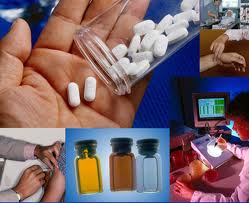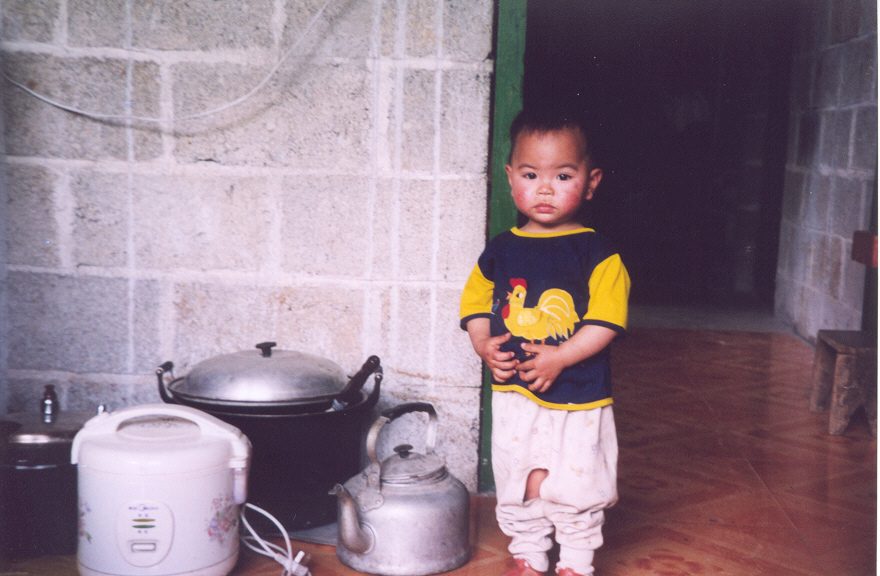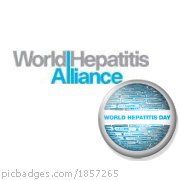 Did you check out Tuesday’s Hep B Blog, “Participating in HBV Clinical Trials” for those living with Hepatitis B? It’s time to have a more in-depth look at the HBV trial entries that are updated monthly on The Hepatitis B Foundation’s (HBF’s) Hepatitis B Clinical Trials web page. Roughly 350 trials out of the 112,278 clinical trials maintained by ClinicalTrials.gov pertain to HBV related studies. The ClinicalTrials.gov site is a registry of trials that located in 175 different countries. Changes to ClinicalTrials.gov are an ongoing process.
Did you check out Tuesday’s Hep B Blog, “Participating in HBV Clinical Trials” for those living with Hepatitis B? It’s time to have a more in-depth look at the HBV trial entries that are updated monthly on The Hepatitis B Foundation’s (HBF’s) Hepatitis B Clinical Trials web page. Roughly 350 trials out of the 112,278 clinical trials maintained by ClinicalTrials.gov pertain to HBV related studies. The ClinicalTrials.gov site is a registry of trials that located in 175 different countries. Changes to ClinicalTrials.gov are an ongoing process.
Each month the HBF’s Hepatitis B Clinical Trials web page is updated based on a thorough review of clinicalTrials.gov registry. Trials that are new and are recruiting are added. Completed trials are deleted, and modifications are made based on the “last updated date” of the each trial entry. All identified trials are active and currently recruiting patients. Modifications may include anything from additional site locations added to the trial, to new contact information, or even a change in protocol. A few international trials are in an unknown state, but remain on our page until we hear word if the trial is completed, or no longer recruiting patients. If you are local and interested, it is worth pursing to get the current status.
The page is divided into U.S. trials, International trials, Co-Infection trials, Pediatric trials, HBV & Liver Transplantation, HBV & Liver Cancer, and HBV Reactivation and Lymphoma. Some of these categories are more recent and were added to address other areas for those living with HBV.
Recently HBF has made an effort to include trials, within the country of origin for the trial, that not only treat HBV, but also monitor patients. These long term studies may use new, experimental techniques to monitor HBV patients, or those at high risk for HCC. There are also opportunities to participate in long-term studies that monitor patients and look for common factors, trends etc. among those living with HBV. It’s another opportunity to meet with cutting-edge liver specialists, and possibly even contribute by helping researchers determine factors that may cause HBV disease to activate, or worsen, or hopefully improve.
So have a seat at your computer and review HBF’s Hepatitis B Clinical Trials web page, or go to the individual section that interests you. The trials listed contain the original title, the purpose, or basic description of the trial. Due to logistics, the trial site is very important, which is why all entries contain the countries included in the site unless they are too great to list. Then they are listed as “international“. Contact information is also maintained and updated, with a link to email and phone contact info. Most importantly is the NCT number (NCT followed by an 8 digit identifier), or ClinicalTrials identifier, which is how all trials are referenced in the ClinicalTrials.gov registry. By clicking on the NCT#, you will be linked to the trial of interest directly within ClinicalTrials.gov, where you can investigate the details of the trial and see if it is of interest, and whether or not you meet the criterion for participation.
Give it some thought and think about whether an HBV clinical trial is an option for you. Discuss your ideas with your liver specialist, and confer with others in HBV support groups that may have experience with a drug, or past clinical trial experience. Feel free to contact HBF with any questions you might have regarding clinical trials.
If you think of a way to make our clinical trials page more user-friendly, or trial categories that might be missing, be sure to leave a comment and let me know. And if you happen to find an HBV trial that is recruiting, but is not listed, please be sure to let us know. HBF is here to help!












